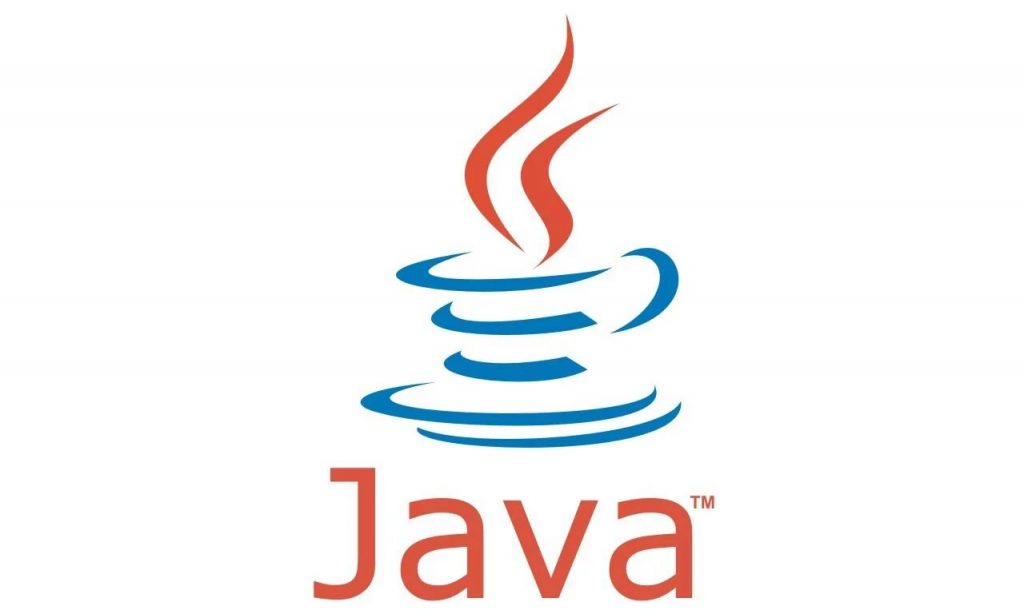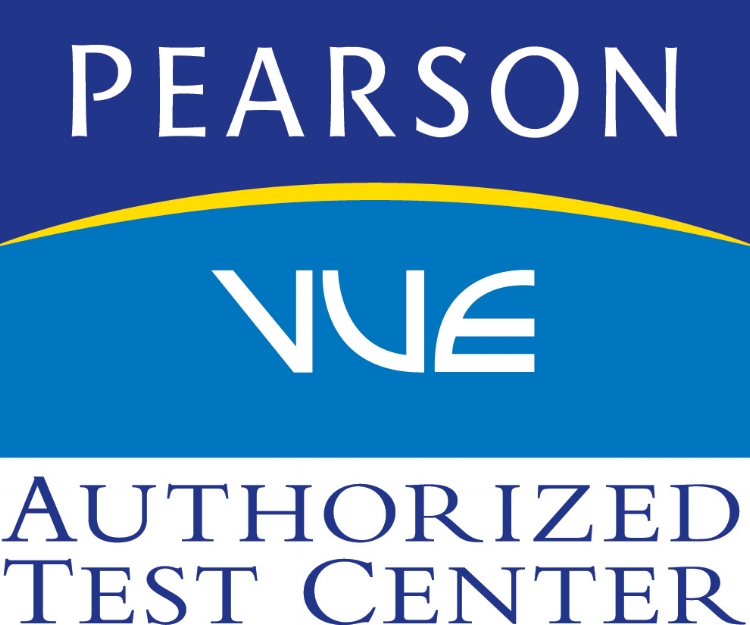In this module you will learn to design and implement network monitoring solutions such as Azure Monitor and Network watcher.
Lessons
- Monitor your networks with Azure Monitor
- Monitor your networks with Azure Network Watcher
Lab : Exercise: Monitor a load balancer resource by using Azure Monitor
After completing this module, students will be able to:
- Configure network health alerts and logging by using Azure Monitor
- Create and configure a Connection Monitor instance
- Configure and use Traffic Analytics
- Configure NSG flow logs
- Enable and configure diagnostic logging
- Configure Azure Network Watcher

















